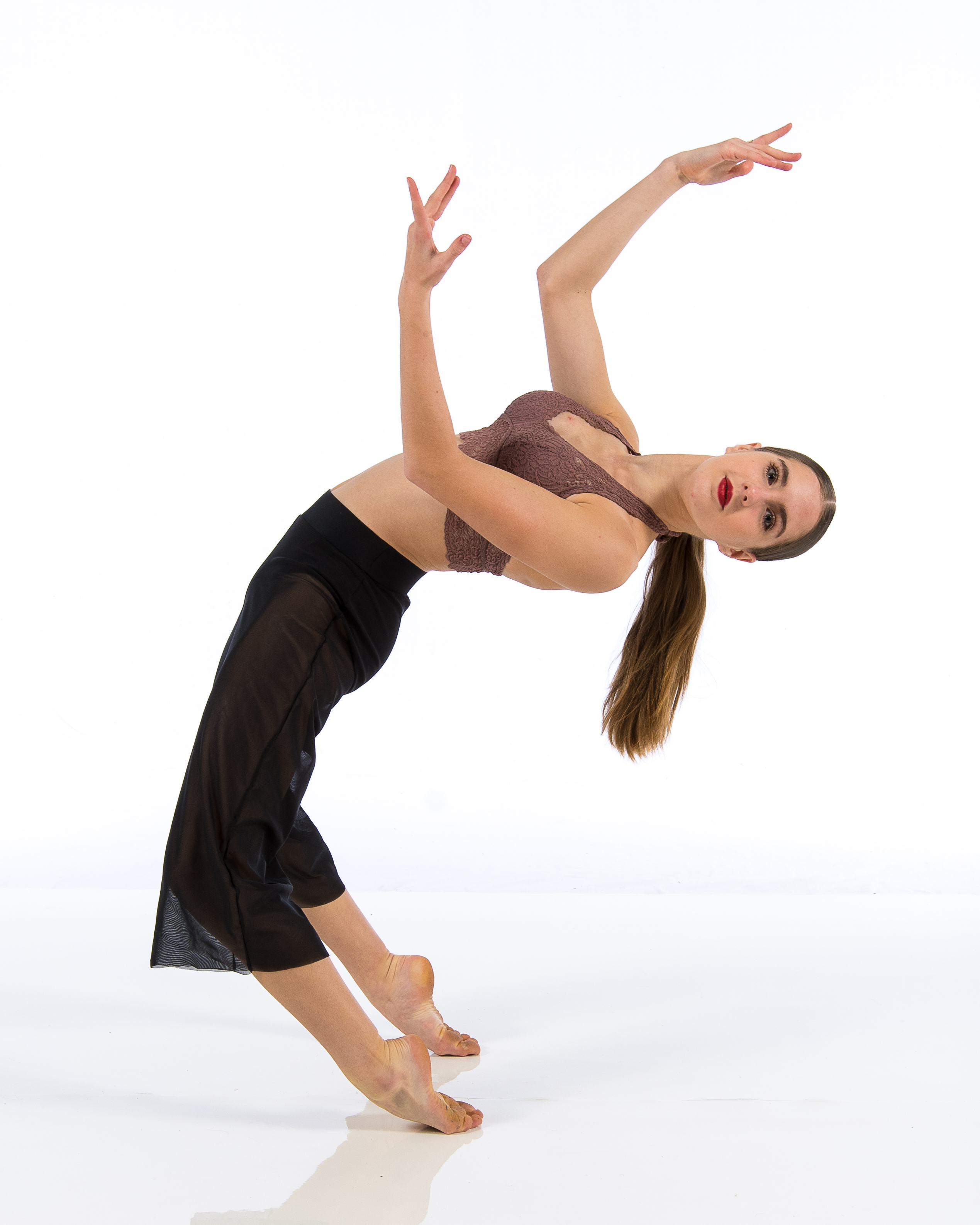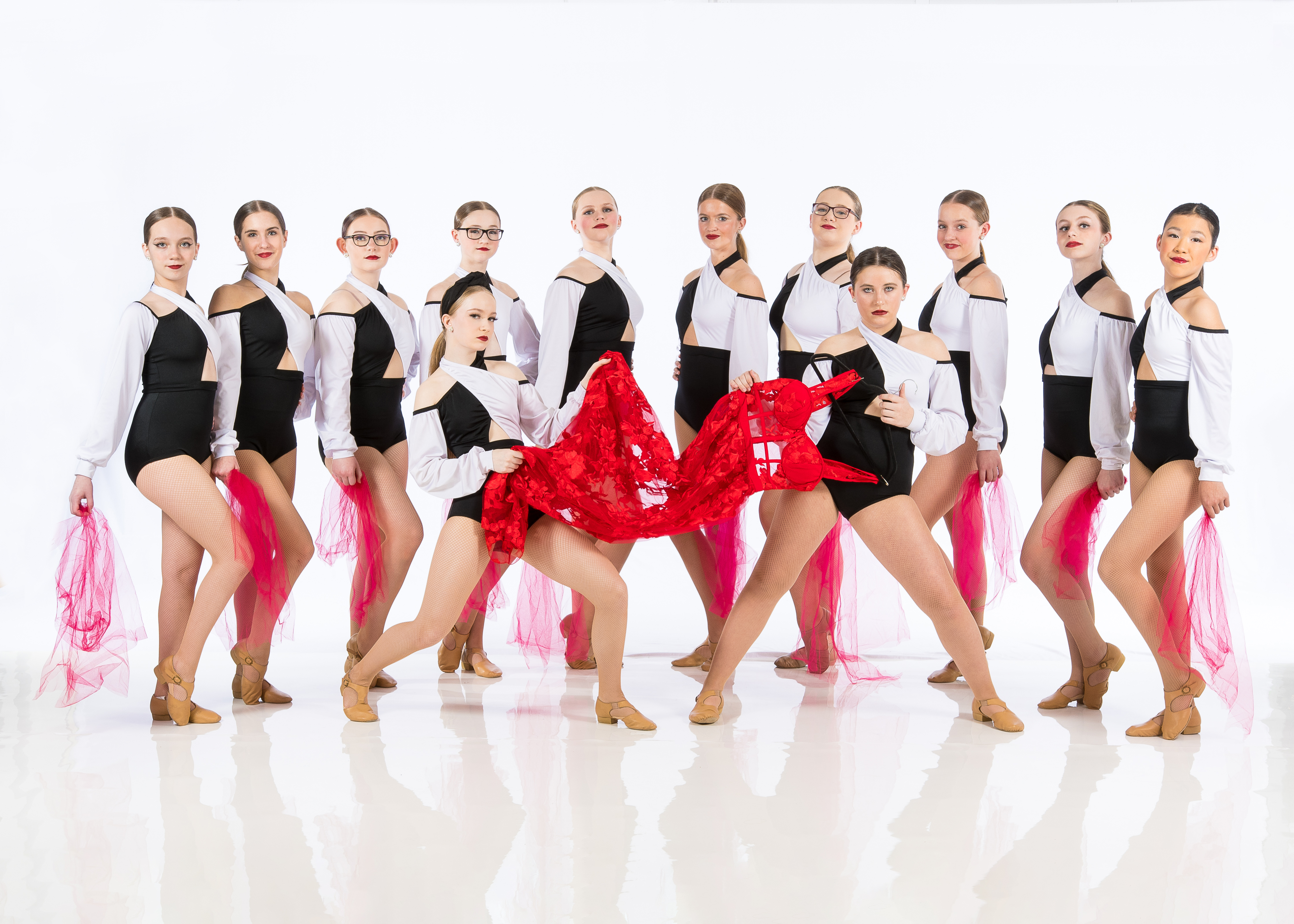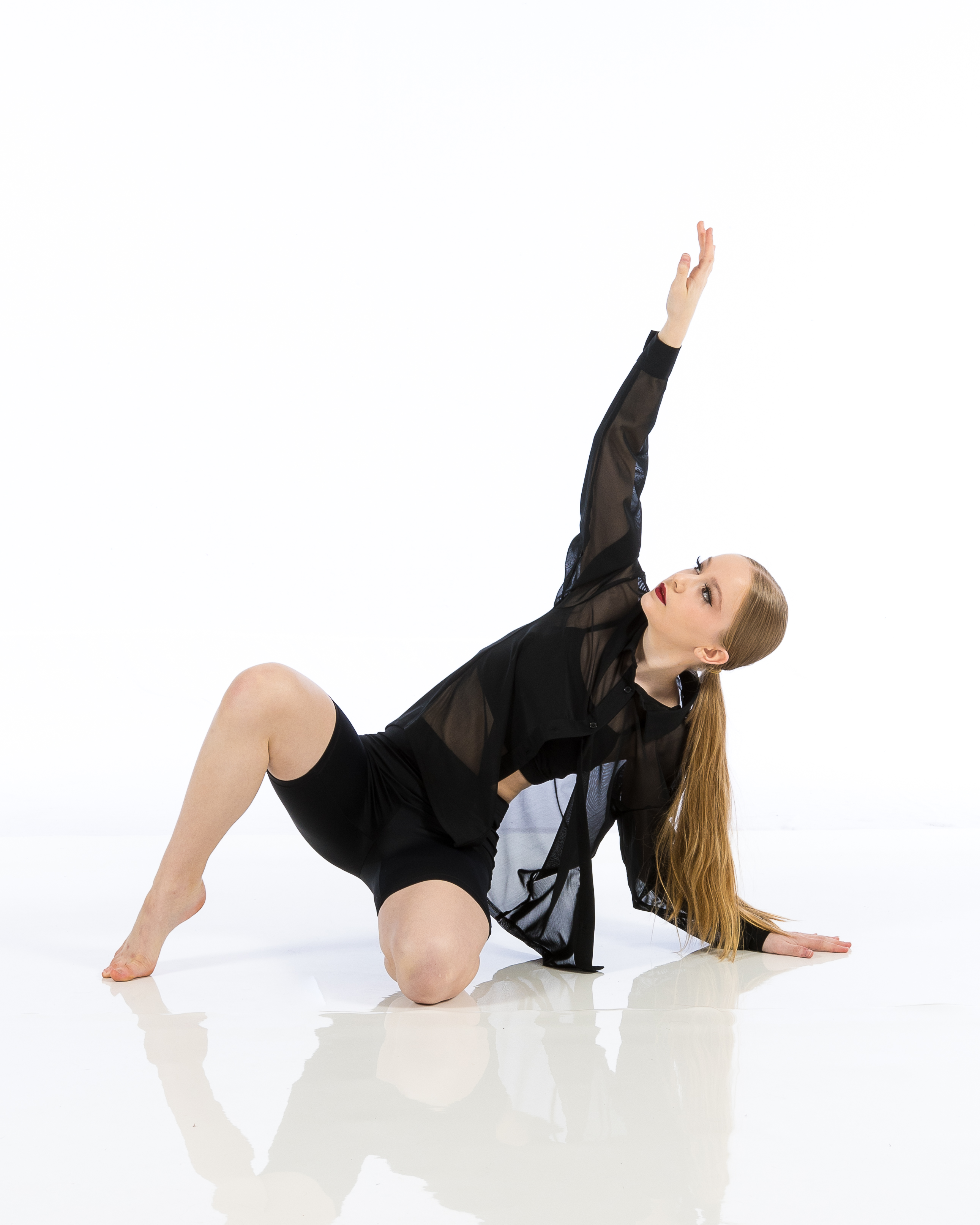Introduction
Socializing in a dance studio setting can be both exhilarating and challenging. Whether you're a seasoned dancer or a beginner, understanding the nuances of social interactions in this unique environment Hip Hop Dance Studio is crucial. Dance studios are spaces where creativity flourishes, movements come alive, and friendships can blossom. However, as with any social setting, there are certain do's and don’ts that one should keep in mind to foster a welcoming atmosphere while ensuring everyone feels comfortable.
In this article, we will delve into the essential aspects of socializing within the dance studio environment. From etiquette tips to common pitfalls, we’ll cover everything you need to know to navigate your social life in the studio effectively. Let’s explore the do’s and don’ts of socializing in the dance studio setting!
Understanding the Dance Studio Culture
What Makes Dance Studios Unique?
Dance studios are not just places to learn choreography; they are vibrant communities filled with passionate individuals who share a love for movement. The culture within these spaces often emphasizes respect, encouragement, and camaraderie. Understanding this culture is vital for anyone looking to socialize effectively.
The Role of Community in Dance Studios
Community plays an essential role in creating a supportive environment where dancers can thrive. Building relationships with fellow dancers can lead to meaningful connections that enhance both personal growth and artistic expression.
Do’s of Socializing in the Dance Studio Setting
1. Be Respectful of Others' Space
When entering a dance studio, it's important to remember that everyone has their own personal space. Respecting boundaries fosters comfort among dancers.
Why Personal Space Matters
Personal space varies from person to person; being mindful of this can create a more pleasant experience for all involved.
2. Engage Positively with Instructors and Peers
Positivity breeds positivity! Engaging kindly with instructors and fellow dancers helps build rapport.
How Positive Engagement Enhances Learning
A positive attitude not only enhances your own experience but also encourages others to bring their best selves into the studio.
3. Celebrate Achievements Together
Celebrating milestones—whether big or small—creates a sense of belonging within the community.
The Importance of Acknowledgment
Recognizing each other's accomplishments boosts morale and strengthens relationships among peers.
4. Attend Social Events Organized by the Studio
Participating in events outside regular classes allows for deeper connections with fellow dancers.
Benefits of Social Events
These gatherings provide opportunities for informal interactions, helping you get to know others better beyond just dance routines.
5. Offer Help When Needed
If you see someone struggling with choreography or techniques, offering assistance can be valuable.
Building Bonds Through Support
Helping others not only improves their skillset but also fosters camaraderie within the group.
6. Dress Appropriately for Classes
Your attire speaks volumes about your commitment to dancing and respecting the environment.
The Impact of Appropriate Dress
Wearing proper dance attire shows respect for both instructors' guidelines and fellow students' experiences.
7. Keep Communication Open
Being approachable makes it easier for others to connect with you.
Open Communication Leads to Stronger Connections
Establishing open lines of communication creates an inviting atmosphere where collaboration thrives.
8. Be Mindful During Classes
Dancing requires focus; being mindful during practice helps maintain harmony within class dynamics.
Why Mindfulness Is Key
Concentrating on your performance ensures that you’re considerate of those around you as well as fostering an effective learning environment.
Don’ts of Socializing in the Dance Studio Setting
1. Avoid Gossiping About Others
Gossip can be toxic and create divisions within a community that thrives on support and encouragement.
Consequences of Gossiping
Engaging in gossip erodes trust among dancers and creates an uncomfortable atmosphere that hinders teamwork.
2. Don’t Interrupt Classes Unnecessarily
Interruptions during lessons can disrupt concentration for both instructors and students alike.
Respecting Class Time Is Essential
Understanding when it’s appropriate to engage helps maintain focus during valuable learning sessions.
3. Refrain from Disrespecting Instructors' Authority
Instructors play pivotal roles as guides in our learning journey; disrespecting them undermines their authority and affects class dynamics negatively.
The Importance of Respecting Authority
Respecting instructors leads to better learning experiences for everyone involved—creating a healthier environment overall.
4. Avoid Making Comparisons Between Dancers
Every dancer has their unique strengths; comparing yourself or others creates unnecessary tension.
Embracing Individuality Is Key
Focusing on personal growth rather than competition fosters camaraderie instead of rivalry within studios.
5. Don't Overstep Boundaries During Practice
Physical contact should always be consensual; overstepping boundaries can leadto discomfort among peers.
Understanding Consent Is Crucial
Always ask before assisting someone physically—it promotes safety while respecting individual comfort levels.

6. Avoid Dominating Conversations
While sharing experiences is important, dominating discussions may alienate quieter members who wish to contribute but feel overwhelmed.
Encouraging Inclusive Dialogue Builds Community
Allowing everyone room during conversations fosters inclusive environments where diverse perspectives shine brightly.
Do’s and Don’ts Summary Table
| Do's | Don'ts | |------|--------| | Be respectful of others' space | Avoid gossiping about others | | Engage positively with instructors | Don’t interrupt classes unnecessarily | | Celebrate achievements together | Refrain from disrespecting instructors' authority | | Attend social events organized by the studio | Avoid making comparisons between dancers | | Offer help when needed | Don't overstep boundaries during practice | | Dress appropriately for classes | Avoid dominating conversations |
FAQs about Socializing in Dance Studios
Q1: How can I make friends at my dance studio?

Q2: What should I wear when attending classes?
A: Opt for comfortable clothing suited specifically for dancing—think breathable fabrics that allow freedom of movement while showing respect towards other participants through appropriate attire choices!
Q3: How do I handle conflicts with other dancers?
A: Communicate openly about any issues affecting your experience while maintaining respect toward differing perspectives—address conflicts directly without resorting through gossip channels!
Q4: Is it okay to ask instructors questions during class?
A: Yes! However try waiting until it feels appropriate (like breaks) instead interrupting them mid-lesson unless absolutely necessary so as not disrupt flow!
Q5: Can I film or take photos during classes?
A: Always ask permission first! Some studios may have policies against recording so check beforehand out respect both instructors & fellow participants privacy wishes!

Q6: Why is building relationships important at my dance studio?
A: Building relationships creates supportive networks enhancing collaborative learning experiences leading ultimately towards greater enjoyment & success within shared passion pursuits like dancing!
Conclusion
Navigating social dynamics within a dance studio setting requires awareness, mindfulness, and genuine care toward others present alongside oneself too! By following these do's and don’ts outlined here today—fostering respect while embracing individuality—you'll cultivate enriching experiences resulting ultimately strengthening bonds amongst peers! So embrace this thrilling journey filled laughter joy rhythm along way together—and watch how community blossoms beautifully around every twirl leap & spin that unfolds upon stage!